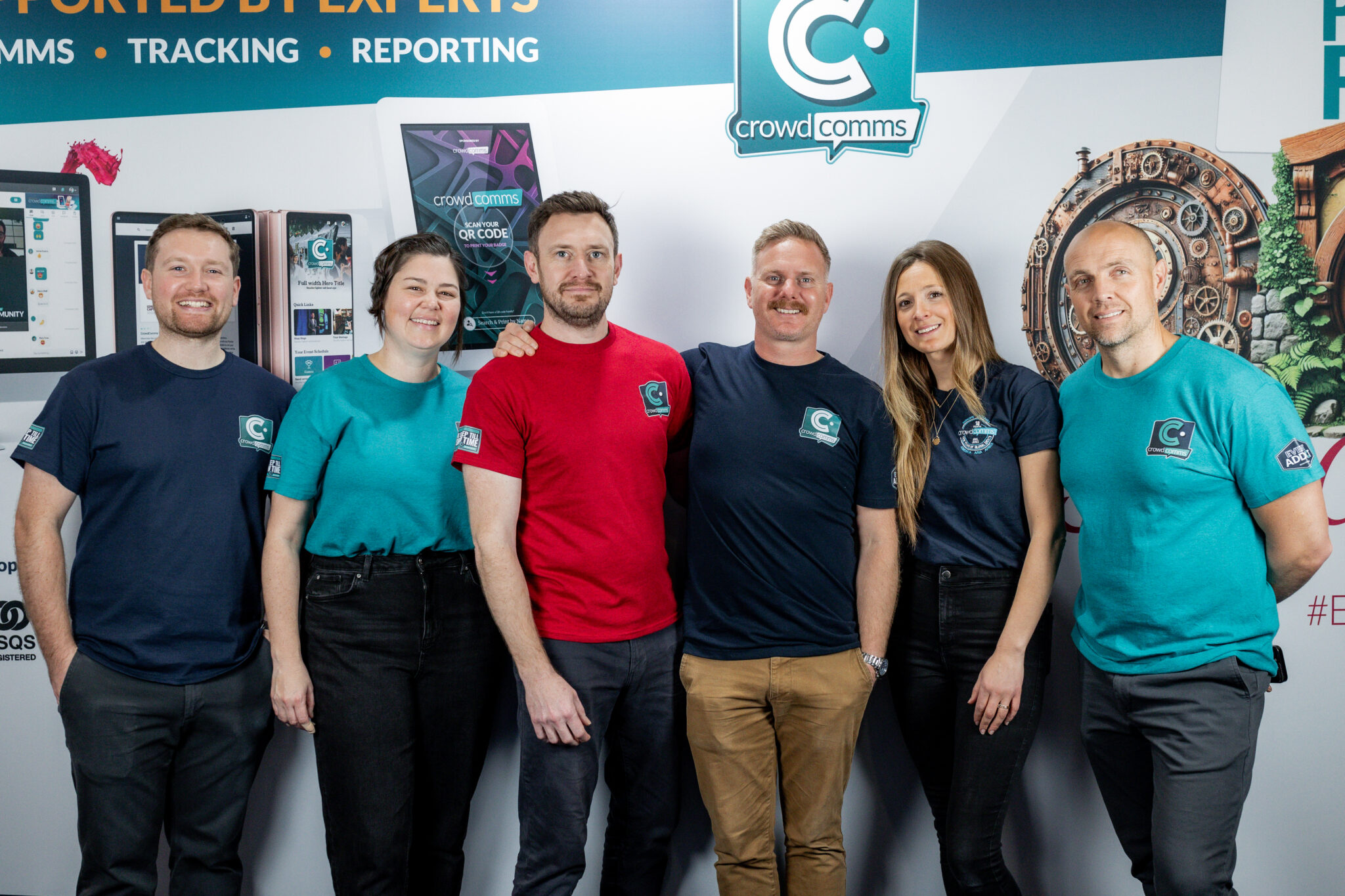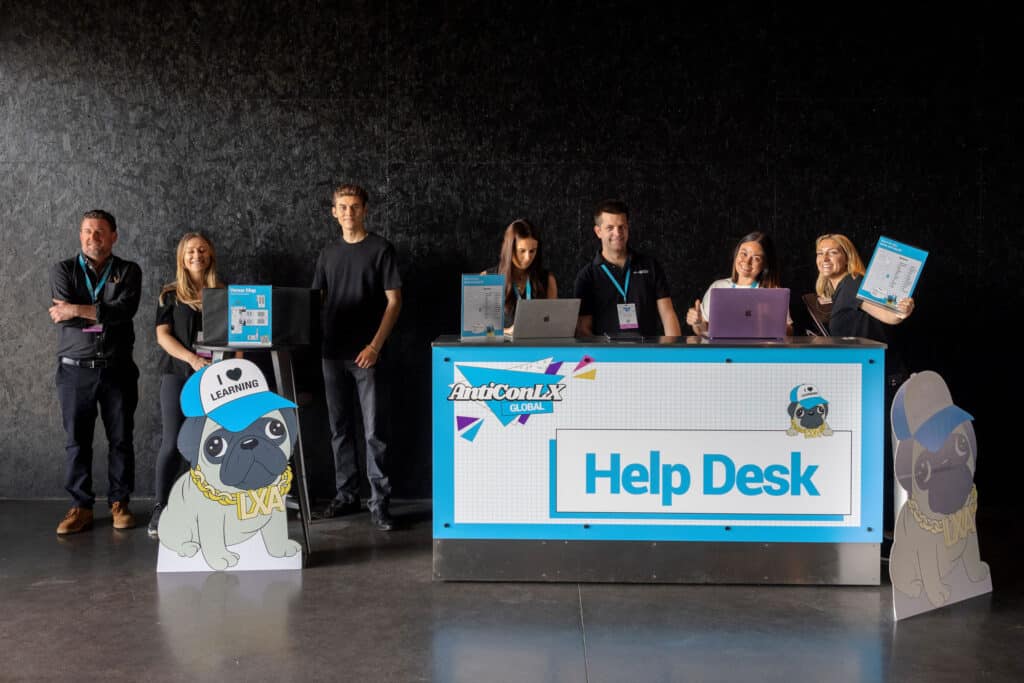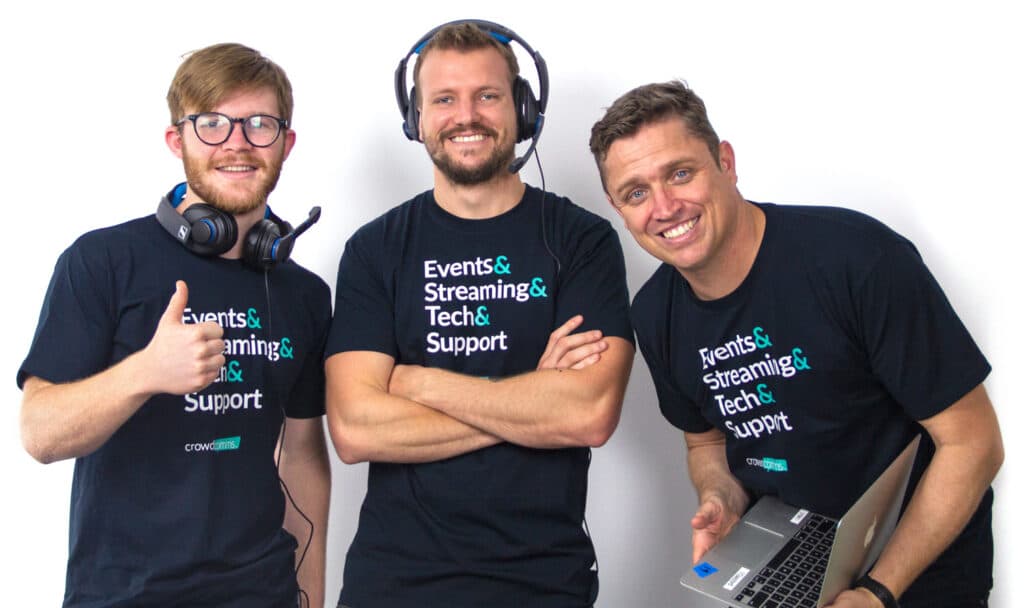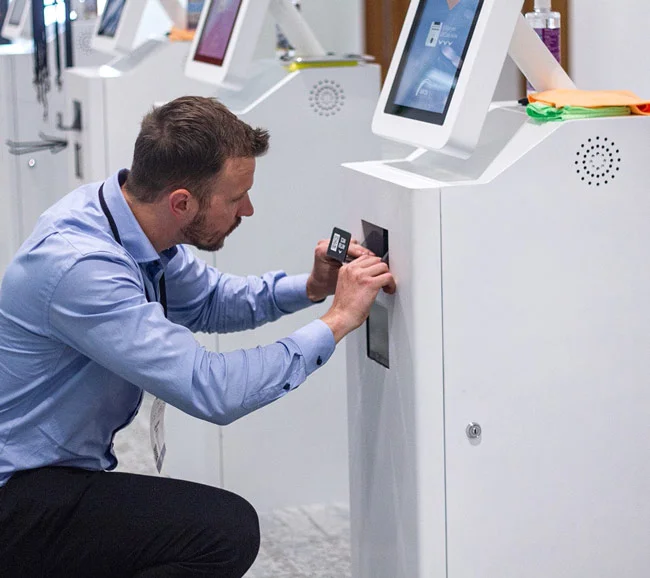
Whether it’s a bustling conference, a corporate product launch, or a cutting-edge hybrid event, every team member contributing to its creation plays a vital role. But here’s the kicker: How can anyone build or optimise an event if they don’t truly understand how it works?
From developers and finance departments to onsite experience teams and event managers, experiencing the full event lifecycle first-hand is essential. It creates a deeper sense of empathy, fosters stronger collaboration, and ensures that every aspect of the event is executed with precision.
Here’s why putting yourself in the shoes of every event stakeholder is key to mastering event management and building truly memorable experiences.
Understanding the Full Event Lifecycle
Events are complex ecosystems. Whether you’re orchestrating the backend or dazzling audiences as part of the front-end delivery, every team member contributes a thread to the larger tapestry. But understanding this tapestry means experiencing every stage yourself.
Imagine a developer who designs an app feature without fully seeing how attendees use it during a live event. Or a finance manager creating budgets without witnessing the practical pressures of onsite costs. Missing these details creates gaps in knowledge that affect success. Hands-on experience “in the trenches” bridges these gaps.
Key Stages of an Event Lifecycle to Immerse Yourself in:
- Planning & Pre-Event Setup: This includes understanding deadlines, budgets, contracts, and attendee management systems.
- Onsite Coordination: Watching every element play out, from registrations to tech support, offers invaluable insight.
- Post-Event Wrap-up: Learning the importance of analysing participant feedback and aligning it with the event’s goals.
Direct experience of these stages alters perspectives and helps each team refine their contributions to be sharper and more aligned.

The Power of Empathy in Event Teams
Empathy is at the heart of effective teamwork in event planning. Knowing the challenges that others face—be it the tech developer wrestling with glitches or the front-line staff managing stressed attendees—creates an understanding that fuels collaboration.
Why Empathy Matters:
- Anticipating Issues: Hands-on exposure to attendee pain points or hectic team workflows allows you to address problems before they escalate.
- Building Bridges Between Departments: Empathy fosters mutual respect. When a finance lead shadows an event delivery team for a day, they suddenly understand why investments in quality equipment or additional staff are crucial.
For instance, CrowdComms encourages developers to visit live events to observe their software tools in action. By seeing the interface used under real-life pressures, they can pinpoint enhancements to improve user experiences which in turn, makes the experience better for attendees, organizers, onsite staff, account managers and project management teams. Win win.
Empowering Teams to Build Better Events
We all know that events thrive on collaboration. But empowerment takes teamwork to the next level. When every team member understands the whole event picture, they gain the confidence and context needed to make impactful decisions on the fly.
Ways to Empower Your Teams:
- Cross-Department Exposure: Rotate employees through different event roles to give them a rounded perspective.
- Real-Time Feedback Loops: Encourage team members to engage in honest, productive discussions after experiencing specific areas of the event lifecycle.
- Ownership Opportunities: Empower teams to take charge of their designated areas with the assurance they’ve had comprehensive training and firsthand event experience.
Empowerment isn’t just about ticking a box; it’s about creating an inclusive culture where everyone feels invested. When teams feel trusted and capable, they deliver innovative solutions that elevate your event.

The Role of Teamwork in Event Mastery
Collaboration is the backbone of event management—this isn’t new. But what often goes unappreciated is the nuance of collaborative connections. Teams aren’t just following orders; they’re co-creators working together to achieve peak results.
Building Bridges for Effective Teamwork:
- Interdepartmental Communication: Host regular check-ins to sync goals and workflows across different teams, from development and marketing to vendors and support staff.
- Fostering a Culture of Integrity: Honest communication and a commitment to transparency build trust and minimise misunderstandings.
- Service Responsiveness: Like CrowdComms showcases with their commitment to stress-testing events, prioritise responsive support to keep the entire ecosystem functioning smoothly.
When these elements click together, you create an energised team that stays aligned under even the most high-pressure conditions.
Why Hands-On Event Experience is Non-Negotiable
The truth is, you can’t theorise your way into effective event design. Seeing and feeling how events unfold—from setup to wrap-up—is the only way to understand their true dynamics.
Benefits of Hands-On Experience:
- Stronger UX Design: Developers who attend events have immediate insights on what works (and what doesn’t) in their software.
- Smarter Financial Planning: Finance teams grasp the hidden expenses of real-world logistics, like last-minute resource allocation.
- Higher Engagement & Morale: Employees involved directly in event execution are more invested in its success.
Whether your team is actively interacting with attendees, calming last-minute chaos, or reflecting on post-event learnings, experiencing events in person uncovers layers of understanding that can’t be found in spreadsheets or strategy meetings.

A Ripple Effect Across the Organisation
Encouraging everyone—from accounts to back-end developers—to experience events creates a ripple effect of continuous improvement. When each touchpoint of the event ecosystem is understood thoroughly, silos start to dissolve, and innovation emerges organically.
This isn’t just about delivering better events; it’s about evolving the capabilities of your entire organisation. With stronger teams, better understanding, and clearer collaboration, unforgettable events aren’t just possible—they’re inevitable.
Take Action for Event Success
If you’re ready to revolutionise how your team approaches events, start by breaking down barriers. Bring every team member into the fold of the event lifecycle. Empower them to watch, learn, and contribute.
Because when we all experience events together, we don’t just create them—we master them.
What’s Next?
Contact the CrowdComms team today to talk to our expert events team about your next experience.
Whether you’re looking for personalized event solutions, expert event advice, or simply a fresh perspective, we’re here to help.
Collaboration and creativity are at the heart of every successful event, and together, we can achieve greatness.
For more related blogs:

